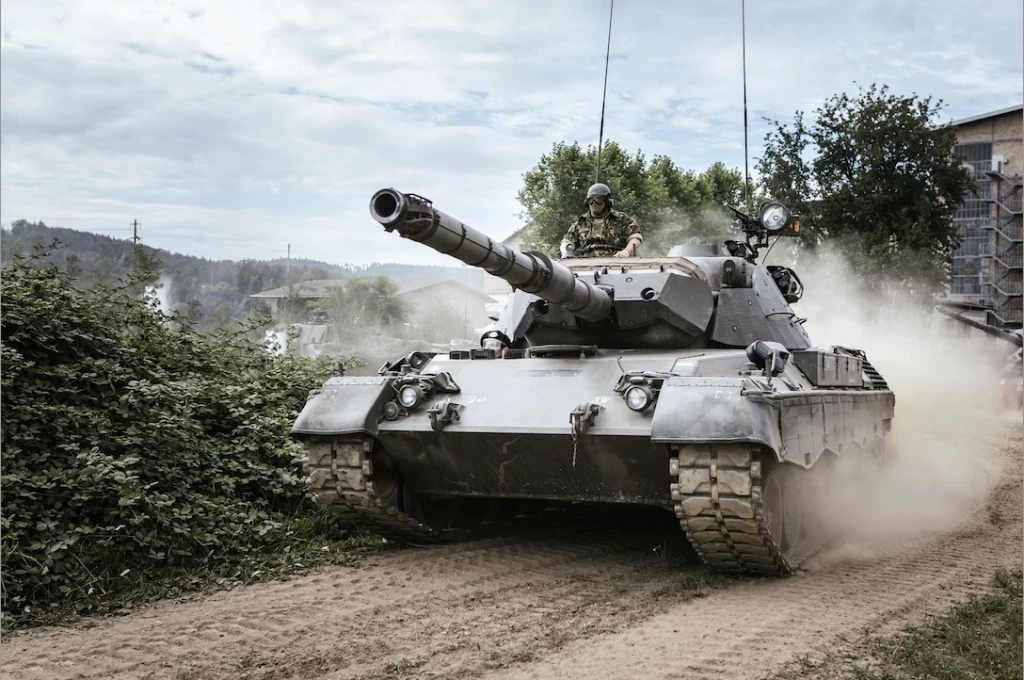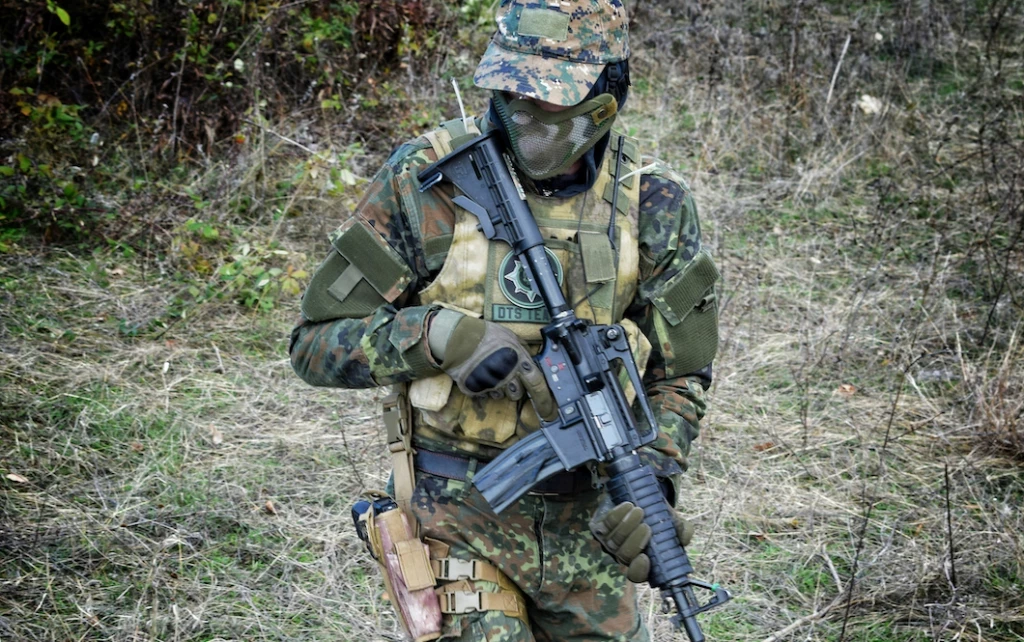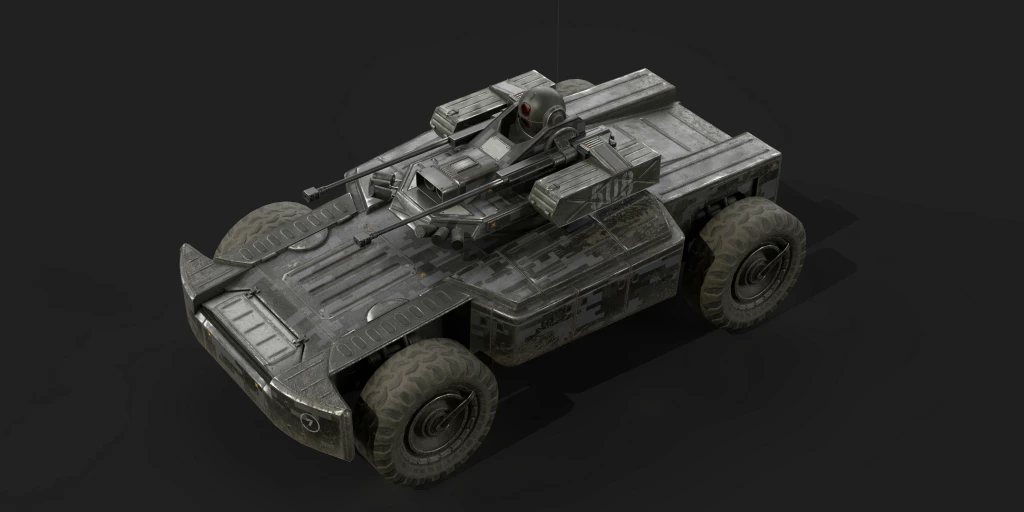The new commander of foreign forces in Afghanistan, Gen David Petraeus, says he will not be bound by a 2011 target date to start withdrawing US troops.
Speaking on NBC television, Gen Petraeus said he reserved the right to tell President Obama whether the pull-out date was too early. He was speaking after US forces endured their deadliest month in July since the Afghan conflict began in 2001. Gen Petraeus said the
Afghan mission was tough and would remain so.
President Barack Obama set 2011 as a target date to begin withdrawing US forces from Afghanistan at the same time as he approved the deployment of 30,000 extra troops in December 2009.
Transition
"The president has been clear... this is the date when the process begins which is conditions-based," Gen Petraeus said. "As conditions permit, we transition to our Afghan counterparts in the security forces and government, and that allows a responsible draw-down of our forces." But Gen Petraeus said progress in Afghanistan only began this spring, when those troops arrived on the ground.
The general took over command of international forces in Afghanistan last month.
Afghan mission
-
October 2001 - US, coalition forces begin military action in Afghanistan
-
July 2006 - Nato expands from Kabul to take over responsibility for security in southern Afghanistan
-
December 2009 - President Obama authorises an extra 30,000 troops for Afghanistan, sets target of 2011 to begin withdrawal
-
Spring 2010 - Extra US forces arrive in Afghanistan
-
June 2010 - Commander Gen Stanley McChrystal sacked
-
July 2010 - Gen David Petraeus takes over command of foreign forces in Afghanistan
-
July 2011 - Target date for US to begin pulling forces out of Afghanistan if conditions permit
His predecessor, Gen Stanley McChrystal, was sacked after he made disparaging remarks about the Obama administration in a magazine article. Support for the war in Afghanistan is waning in the US and other troop-contributing countries as the death toll continues to rise. In July 2010, 66 US soldiers were killed, the worst month for
casualties since the war began in 2001.
The Netherlands ended its mission in Uruzgan in southern Afghanistan two weeks ago, while Canada is scheduled to pull out of Kandahar province next year. That leaves the US and Britain to bear the brunt of military operations.
Wikileaks 'reprehensible'
Gen Petraeus said that arresting al-Qaeda leader Osama Bin Laden remained a primary goal. He described Bin Laden as an "iconic figure" for the insurgents, and his arrest was a "very important task". The general, who oversaw the surge of US troops in Iraq, said reconciliation would require a dialogue with the Taliban and other insurgent groups. "Ultimately we had to face the question in Iraq of, 'Will we sit down across the table with people who have our blood on their hands?' And the answer was yes. That was a decision that I had to make early on in the surge," he said.
Gen Petraeus also criticised the publication of 75,000 classified US documents by the website Wikileaks. "In some cases, there are actual names of (Afghan) individuals with whom we have partnered in difficult missions in difficult places. And obviously, that is very reprehensible." Wikileaks has said it will soon release a further 15,000 documents which it had initially held back because they were too sensitive.
But Gen Petraeus said Afghanistan had the potential to become a "new Silk Road", a crossroads for trade, especially in minerals. "Afghanistan is blessed with the presence of what are... trillions of dollars' worth of minerals," Gen Petraeus said, adding that exploiting them would require the extractive technology, human capital and lines of communication to get the materials out of the country.
On Sunday, the Afghan government said a survey by Afghan and international experts had uncovered an oil field in the north of the country with an estimated 1.8 billion barrels. Earlier this year, Afghanistan said its mineral wealth - including huge untapped reserves of oil, gas, gold and copper - could be worth as much as three trillion dollars.





















